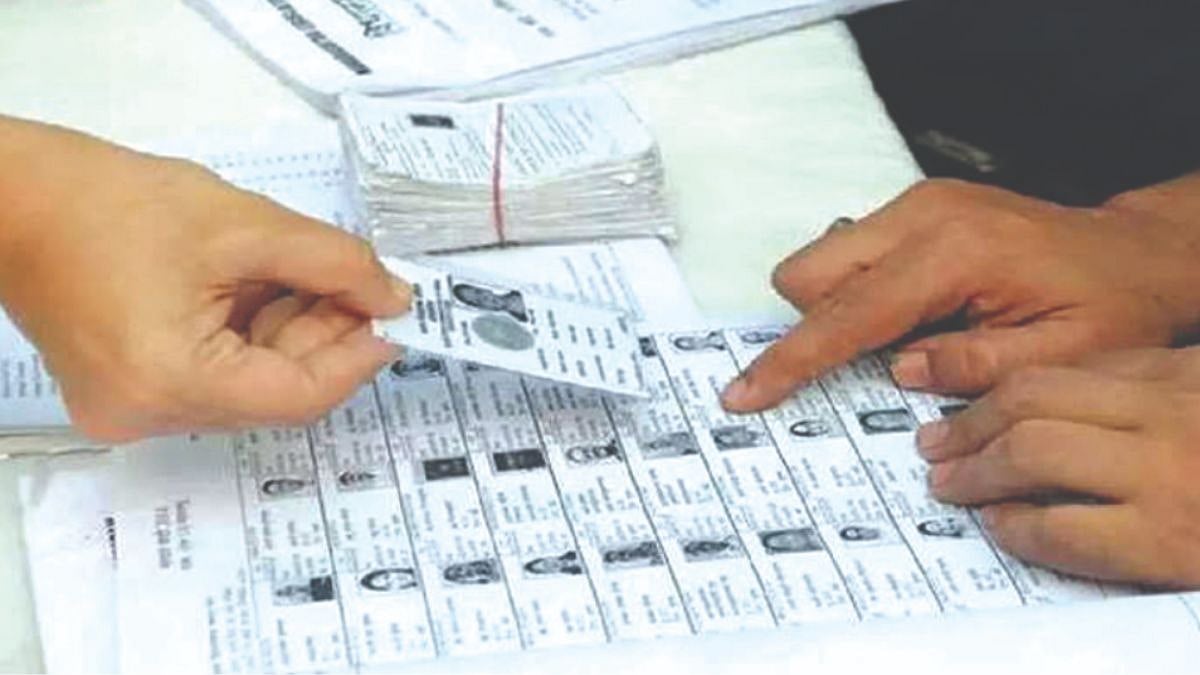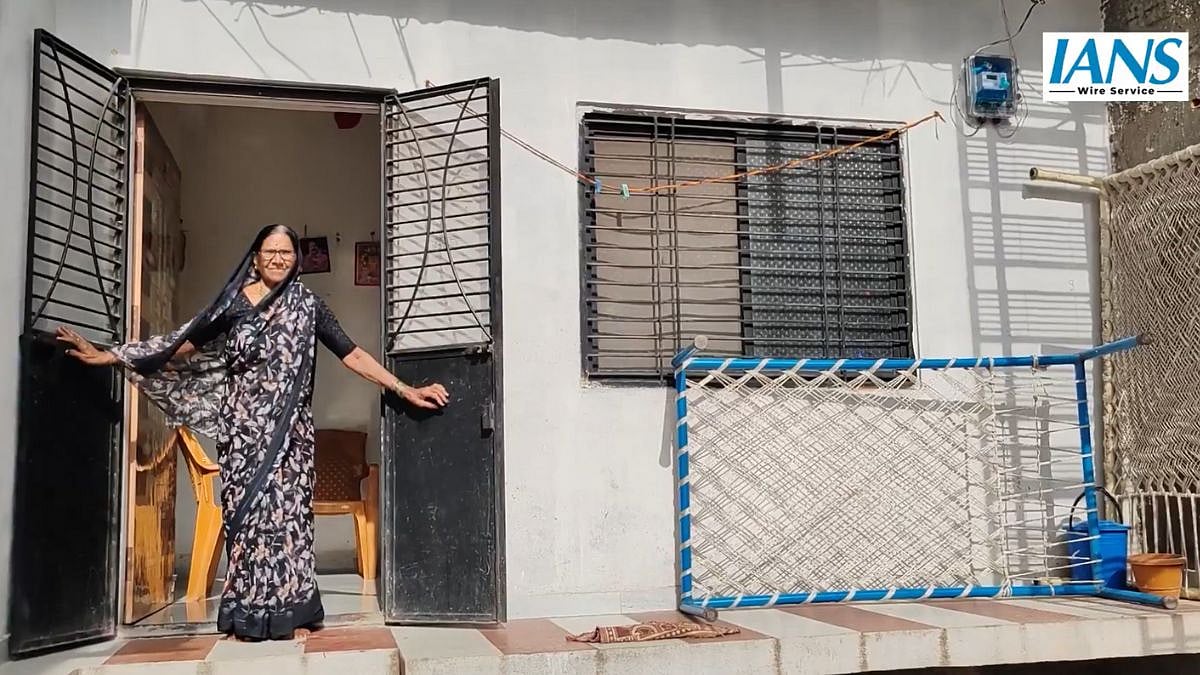Mumbai police in an advisory has informed citizens that cyber-fraudsters are using Smishing, the fraudulent practice of sending text messages purporting to be from reputable companies in order to induce individuals to reveal personal information, such as passwords or credit card numbers, to dupe the victims of electricity bill message fraud. The police have also suggested various measures through which the citizens can avoid falling prey to such frauds.
According to the police, cyber-criminals send text messages pretending to be from trusted sources, to get targets to click on links that install malware or steal personal or banking details. "It has been observed that cyber-fraudsters have started duping people in the name of unpaid electricity bill. The fraud campaign is being aggressively spread using SMSes. Users tend to be less skeptical of text messages, so Smishing is often lucrative to attackers looking for credentials, banking information or private data.
"Fraudster sends text messages to the target phone stating electricity power will be disconnected because previous month bill was not updated. The message would ask the target to contact the electricity officer whose number would be provided in the message. Once the victim makes contact with the given fraudster's number, then the fraudster tries to convince the victim to share the bank account details for the purposes of verifying previous payments," the advisory states.
"Scammers use Caller ID Spoofing to make it appear the text is from a trusted local source. The fraudster also asks the victim to install remote access application on the phone. Once the victim shares all the information and follows the instructions given by the fraudster, the victim's bank account is under the fraudster's control to make fraudulent transactions," the advisory added.
Staring how citizens can prevent themselves from getting duped, the advisory stated, "Avoid sharing your phone number unless you know the person or organisation well. Avoid downloading software from unofficial sources and remove non-essential applications from the phone. Avoid providing personal or financial information in response to the unsolicited text or at a website linked to the message. Avoid clicking on links in suspicious text; they could install malware on the device or could lead to a site that does the same."








